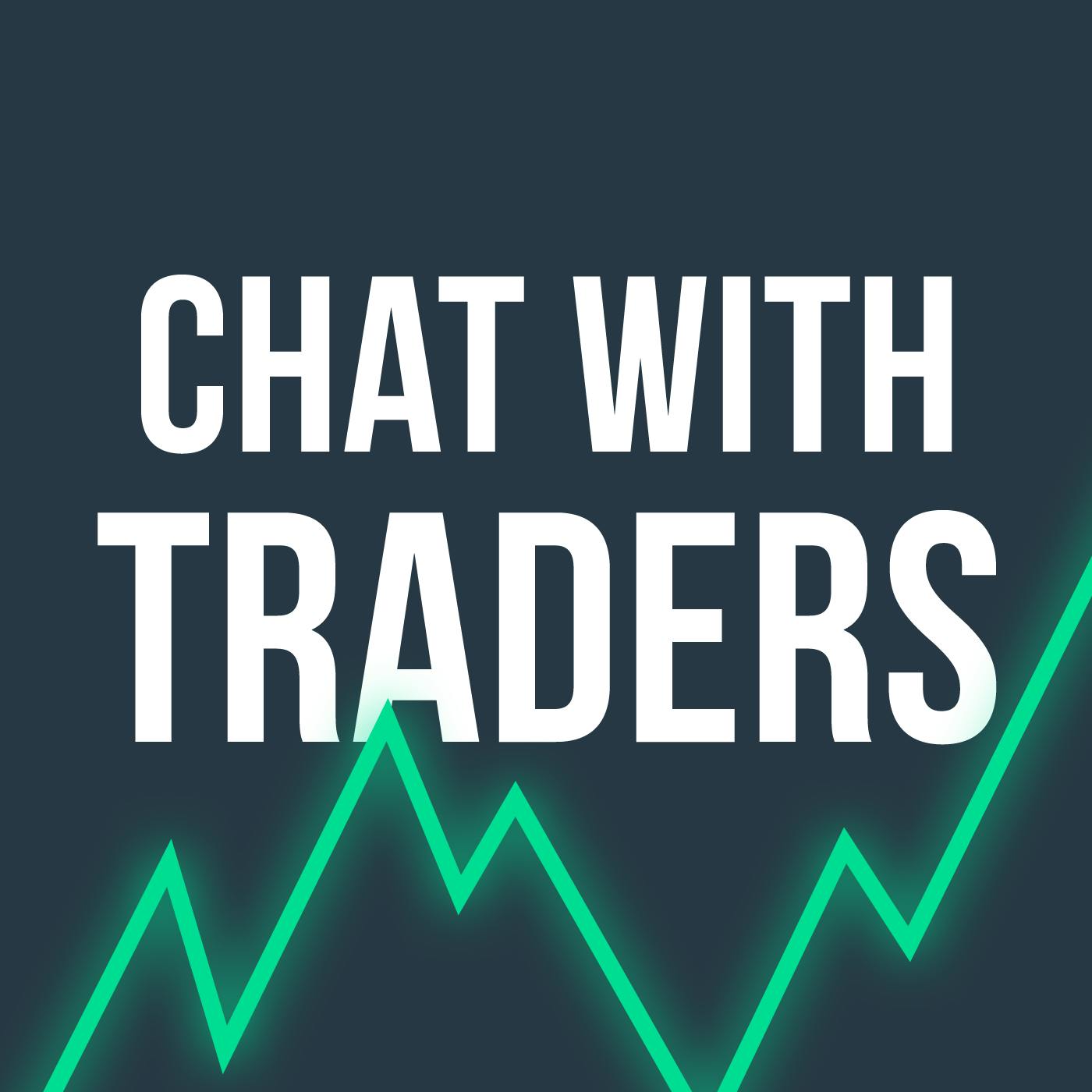
289 · Alfonso Peccatiello (MacroAlf) - Beyond Being Right - A Shift to Framework Thinking

Chat With Traders
Deep Dive
Why is risk management crucial in macro investing?
Risk management is essential because even if you're right about a market direction, being wrong on the timing or magnitude can lead to significant losses. It's about staying in the game and ensuring that no single position can ruin your portfolio.
What was Alfonso Peccatiello's first job in finance?
His first job was as an analyst in the treasury department of ING, where he was responsible for analyzing macroeconomic conditions and their impact on the bank's fixed income investments.
How did Alfonso Peccatiello's investment mandate evolve at ING?
Initially focused on fixed income, his mandate expanded over time to include other asset classes as volatility remained low and the European Central Bank's policies encouraged risk-taking.
What is the significance of the Sharpe ratio in identifying crowded trades?
A high Sharpe ratio, such as over 1 or 1.5, indicates that a trade has been generating strong risk-adjusted returns, suggesting it may be crowded. This can be a warning sign that the trade is over-leveraged and vulnerable to a sharp reversal.
What caused the Japanese carry trade to unwind in August?
The unwinding was triggered by the Bank of Japan's unexpected interest rate hike, which spooked investors who were overly complacent and heavily short the yen.
Why is the Commitment of Traders (COT) report not always reliable?
The COT report doesn't account for hedging, which means it can misrepresent the true positioning of large investors. For example, a large long position in bonds might be offset by a short position elsewhere, making the COT report misleading.
What is the 'neighbor tracking error' in investing?
It refers to the psychological pressure investors feel when their neighbor or peer appears to be making more money by taking on concentrated bets, leading them to deviate from their disciplined, diversified strategy.
Why does the dollar often strengthen during market crises?
The dollar strengthens because it is the global reserve currency, and during crises, investors liquidate assets denominated in other currencies to cover losses, driving up demand for dollars.
What is the relationship between fiscal deficits and private sector wealth?
Fiscal deficits increase the private sector's net wealth by injecting resources into the economy. However, the efficiency of this injection depends on how productively the private sector uses the additional funds.
What is Alfonso Peccatiello's outlook on the potential for a recession?
He believes that while many have given up expecting a recession due to the prolonged inversion of the yield curve, history suggests that recessions can still occur, even if not as severe as 2008.
- Born and raised near Amalfi Coast, Italy
- Studied quantitative finance in Italy and Germany
- Managed a $20 billion fixed-income portfolio at ING Germany
- Founded The Macro Compass and Palinuro Capital
Shownotes Transcript
Alfonso Peccatiello’s (also known as MacroAlf on X) approach to the financial markets is rooted in macroeconomic insights, identifying market imbalances, and disciplined risk management. Having managed a $20 billion fixed-income portfolio, Alf has seen firsthand how understanding market dynamics and timing can unlock significant value. His strategies focus on spotting crowded trades, leveraging market dislocations, and carefully sizing positions to maximize returns while minimizing risk.
About Alfonso Peccatiello:
Alfonso is the founder and CEO of The Macro Compass, a firm dedicated to democratizing access to professional macro analysis, tools, and portfolio strategies. Leveraging his extensive experience managing large institutional investment portfolios, The Macro Compass provides unparalleled financial education, unique macroeconomic insights, and actionable investment strategies. Prior to launching The Macro Compass, Alfonso served as the head of investments for ING Germany, overseeing a $20 billion portfolio. He also launched a discretionary global macro hedge fund, Palinuro Capital, in 2024.
Learn more about your ad choices. Visit megaphone.fm/adchoices